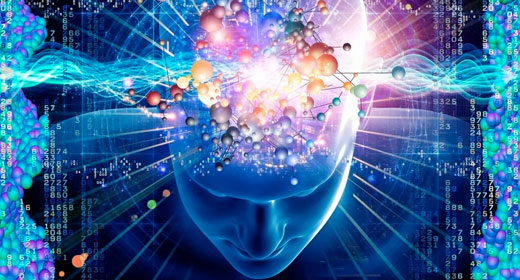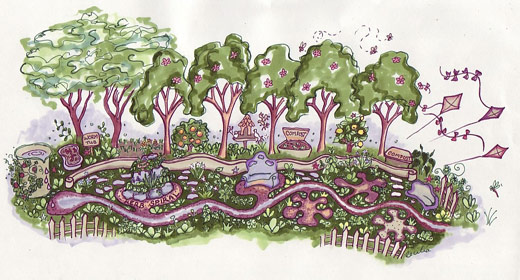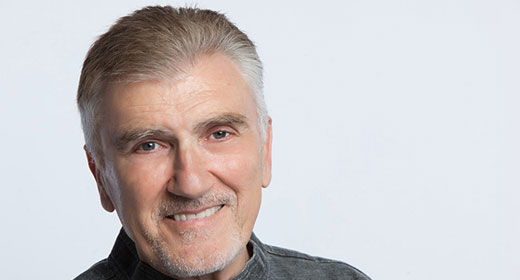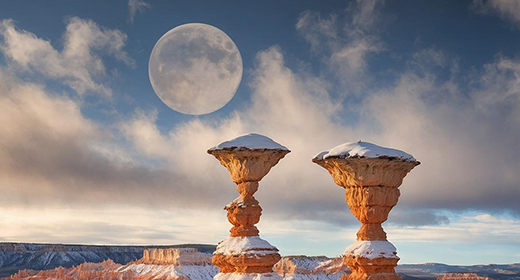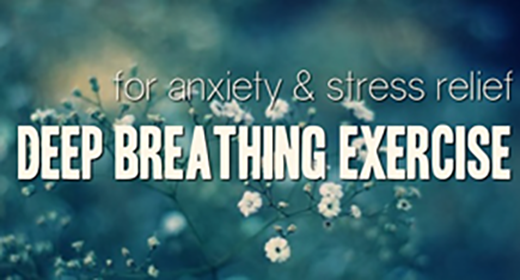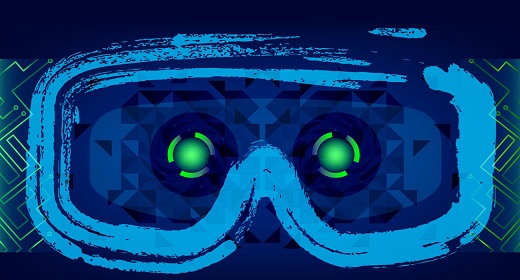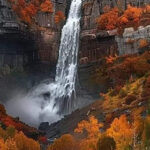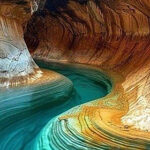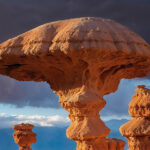by Dr. Woodson Merrell: Studies have shown that when athletes become exhausted, the cause often is not muscle fatigue, but dehydration. That applies to the rest of us, too…

“Half of the people who come to me complaining of fatigue are actually dehydrated,” said Dr. Woodson Merrell of New York’s Beth Israel Medical Center.
Dehydration is common among non-athletes and athletes alike. Every day in the U.S., an estimated 75 percent of Americans are not drinking enough water for best health and optimum performance.
And a study published in the European Journal of Sports Science found 91 per cent of professional European athletes were already dehydrated before they started their training sessions.
Staying hydrated is one of the easiest ways to stay alert and energized
Without adequate hydration, bodies can experience more muscle soreness, the need for longer recovery times and less desire to push oneself – in short, dehydration can make you feel less motivated to achieve at any activity. As little as 3 percent or more loss of body weight due to dehydration can cause as much as a 10 percent drop in performance level. One study of athletes found after limiting fluids for 15 hours, 92 percent felt tired, had lapses in memory and difficulty concentrating.
Symptoms of dehydration include thirst, dry mouth, weakness, dizziness, confusion and lethargy.
Why being dehydrated causes muscle fatigue
When dehydrated, the fluid loss causes a drop in blood volume, which makes the heart work harder to push oxygen and nutrients through the bloodstream to the brain, skin, and muscles.
How to stay hydrated
Staying hydrated is key to maximizing performance – on the playing field or off. Aim to drink every hour or two so you don’t feel thirsty. Carry a water bottle and sip water throughout the day instead of trying to down extra fluids right before exercise. Or, to determine how much fluid to drink when exercising, you can calculate your sweat rate. Another method is just to watch your urine color. Pale or clear means you are probably adequately hydrated. Otherwise, you need more water.
Say yes to water, no to sports drinks
Nutrition experts say that energy and sports drinks are full of sugar and artificial flavors and colors that the body doesn’t need, and has to spend energy processing and getting rid of. Sports drinks are only beneficial for athletes playing high-intensity sports in 60-minute durations or more, or when it’s very hot outside. Those doing less should avoid sugared drinks, and use plain water for hydration.


